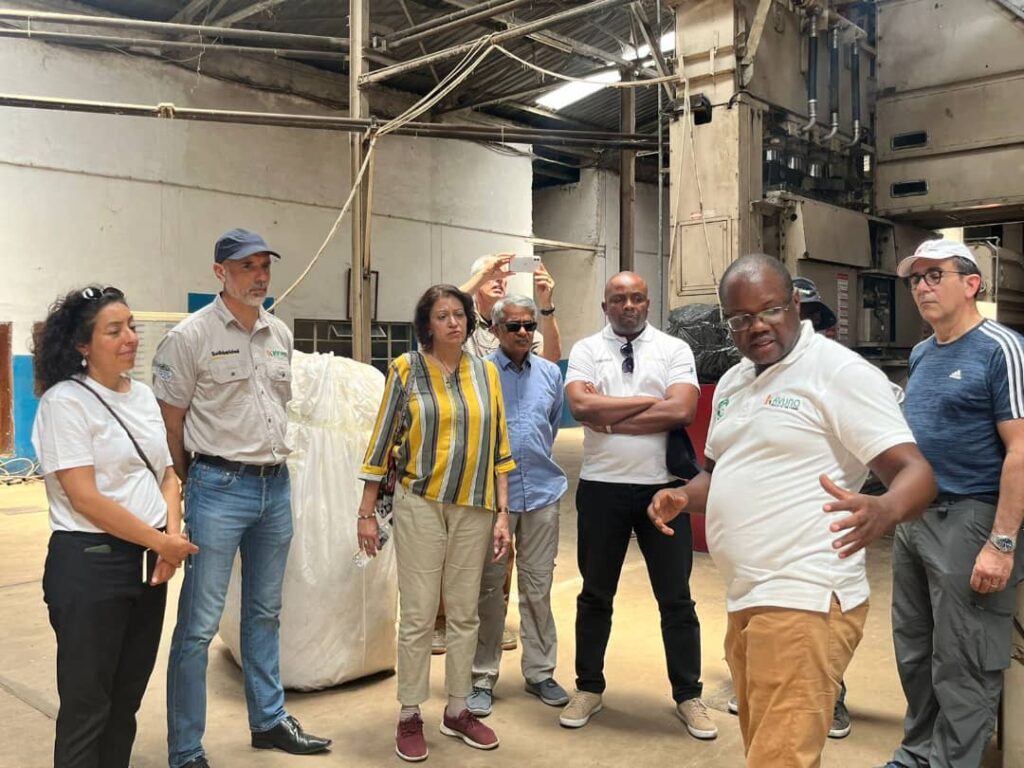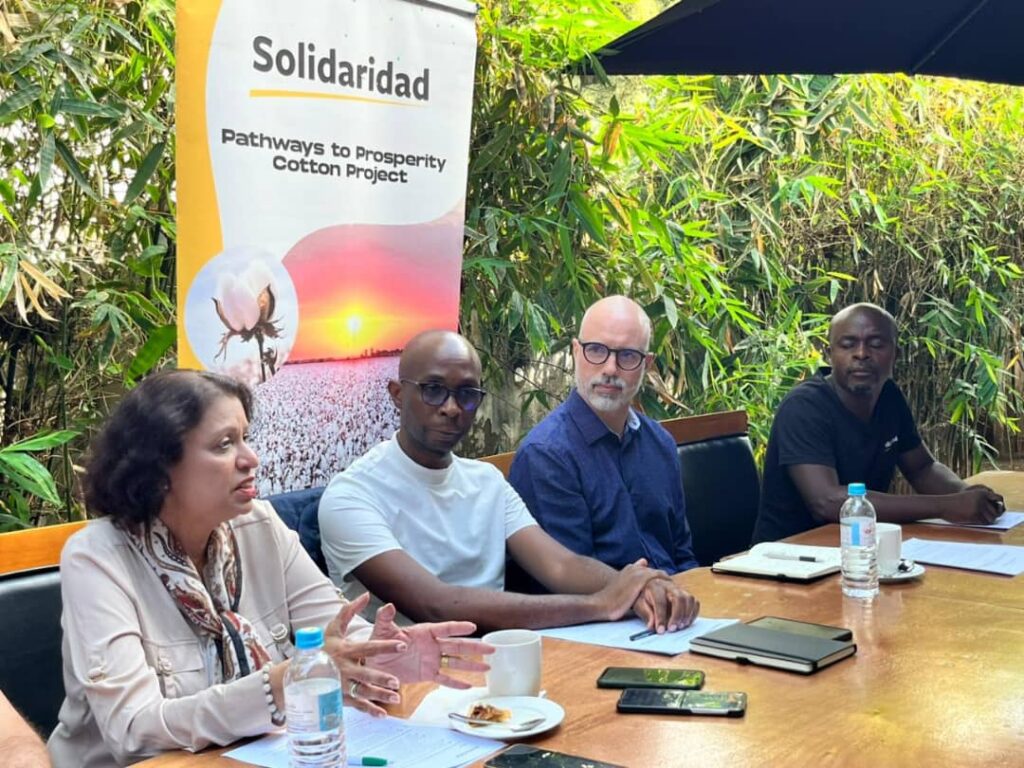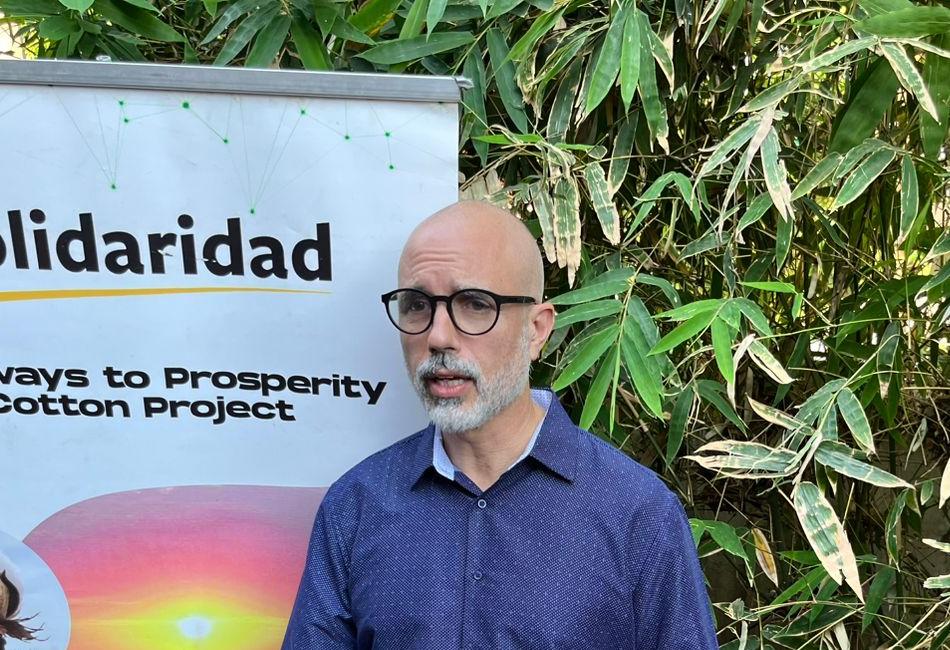By Brighton Tchongwe
The International Supervisory Board of Solidaridad Network has called on the need for collective efforts to enhance cotton, tea, and soybean farming with the aim of increasing foreign exchange earnings in the country.

Speaking during a media briefing in Lilongwe following a visit to projects in Malawi, Executive Director of the Solidaridad Network Andre de Freitas said that the purpose of the visit was to gain insight into ongoing projects, engage in discussions regarding the global strategy for the next five years, and conduct field visits to interact with crop farmers and stakeholders in the agricultural supply chain to ensure its benefits reach smallholder farmers.
Freitas thanked Malawians for their warm reception of the International Supervisory Board of Solidaridad, acknowledging the country as the warm heart of Africa.

He said the network intends to expand smallholder farmer participation to improve agricultural productivity, noting that only seven percent of the country’s population is currently engaged in farming, indicating a need for further engagement in agricultural activities.
“We identified one of the key challenge was availability of good seeds for planting so we provide seed about 160 tons of seeds to support 50 thousand farmers. So with good seed they will produce more crops and generate more income among farmers and no collateral on the seeds,” said Freitas.
Country Representative for Solidaridad, Given Phiri revealed that there is a decrease in cotton production compared to previous years and mentioned collaborative efforts with organizations such as the Cotton Council of Malawi and universities like Luanar to conduct research aimed at developing high-quality seeds for enhanced productivity among cotton farmers.
“We need to reach to 20 thousand farmers of cotton and 20 thousand farmers of tea as well as 15 thousand farmers of soybean, we want to provide good seeds for bumber yields among farmers,” said Phiri.
Meanwhile the Managing Director of Solidaridad Network Southern Africa, Shungu Kanyemba thanked smallholder farmers for being key players in transforming global supply chains into equitable systems.
Solidaridad Network has trained more than 2,500 farmers in good agricultural practices through soybean projects, introduced a digital payment system to mitigate risks in the cotton sector benefiting over 15,000 registered farmers, and provided more than 80,000 tea seedlings to over 10,000 tea farmers in the country.
Solidaridad Network focuses on promoting good practices among farmers and workers, establishing supportive business systems to enhance productivity and income, creating an enabling environment for sustainability and encouraging increased market uptake of sustainable products.
Solidaridad operates across continents to support small-scale farmers, workers and miners while addressing global chain challenges.
In Africa, Asia and Latin America the network implements on the ground project to foster sustainability while in Europe, North America, China and Japan it builds corperate and donors relationship to promote sustainable products uptake.




